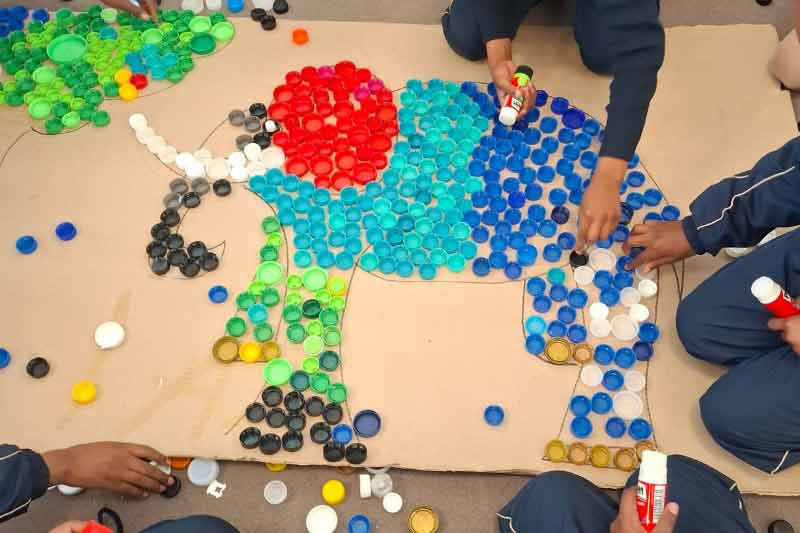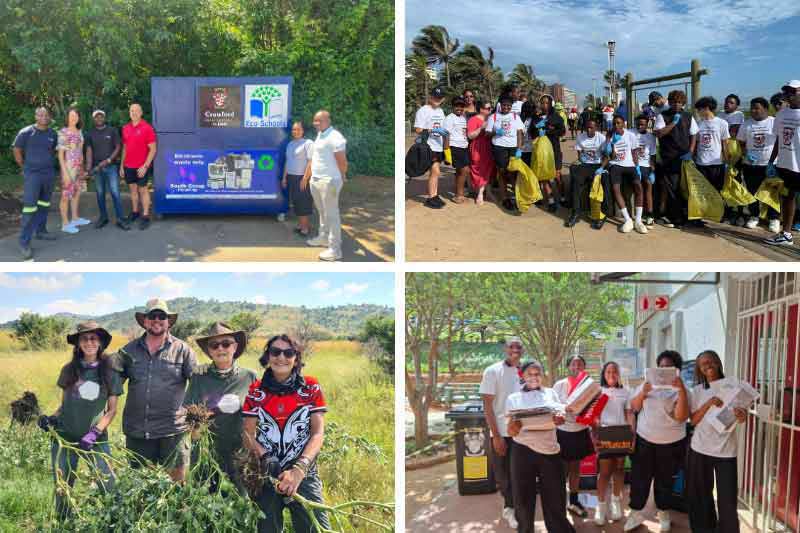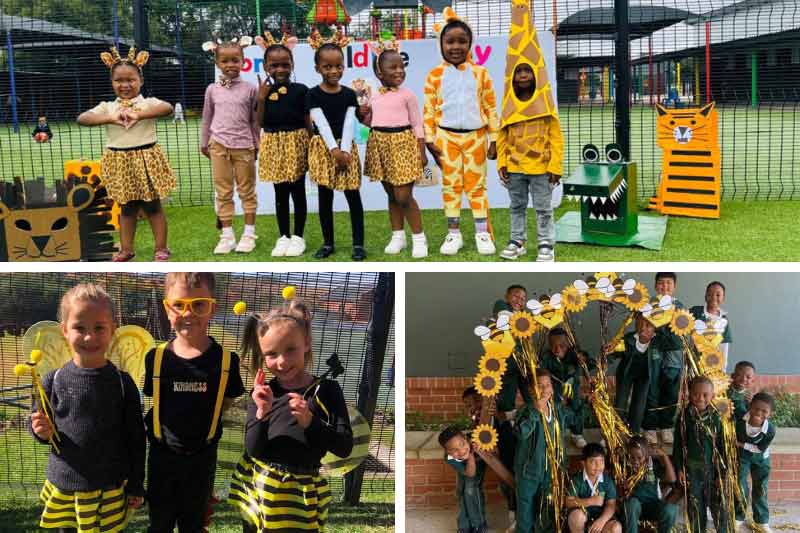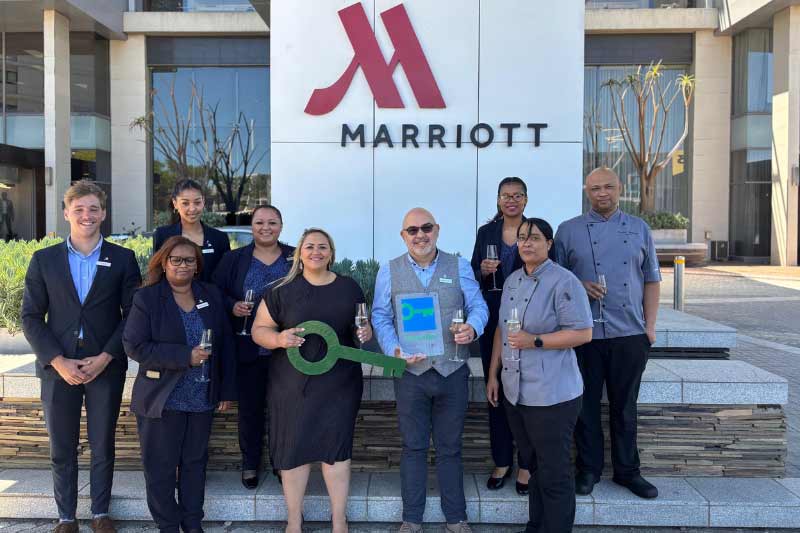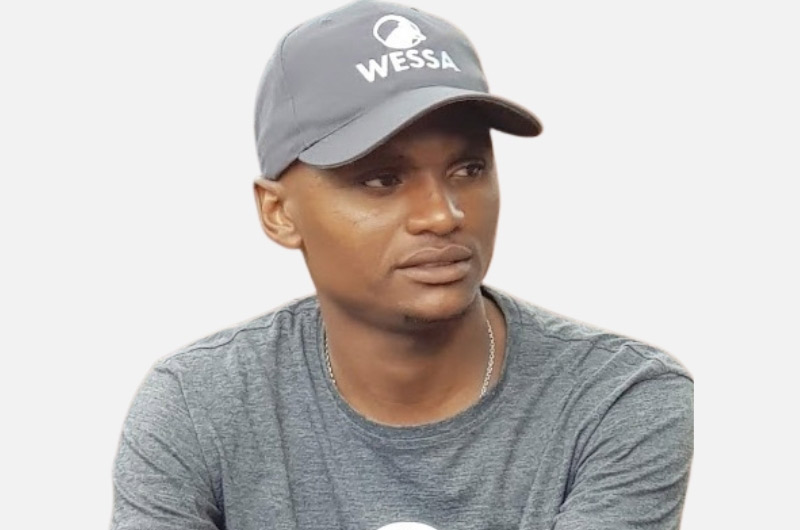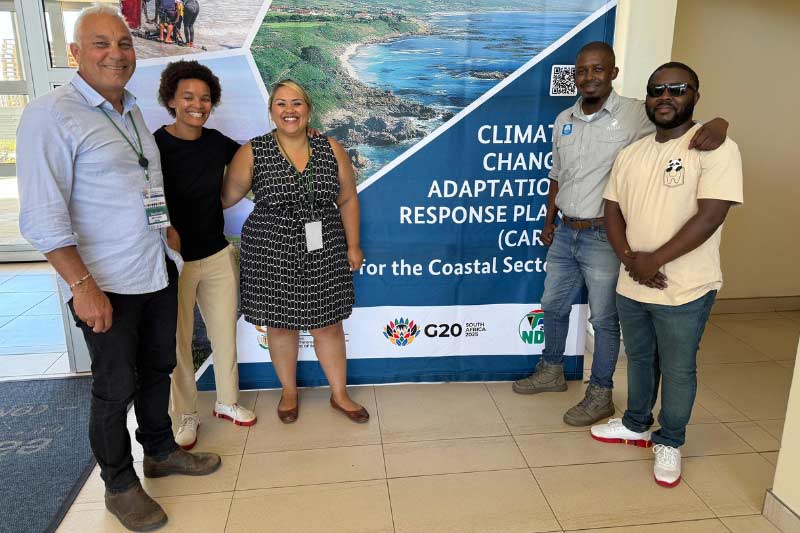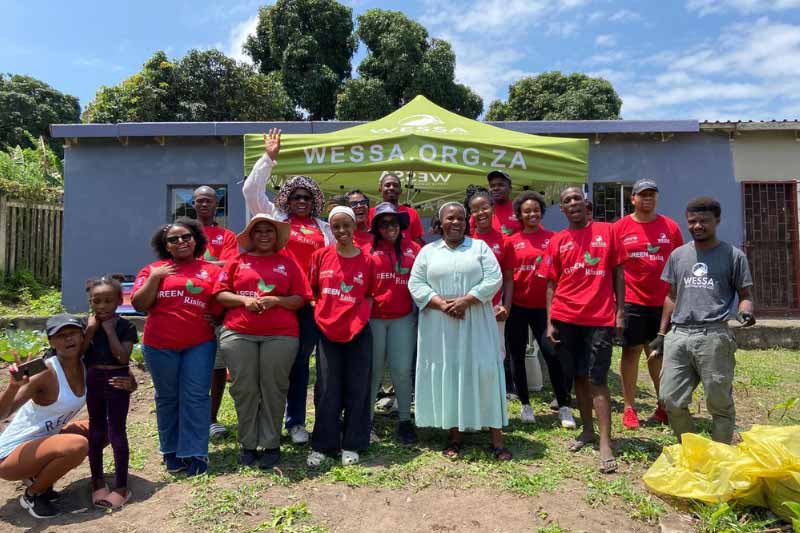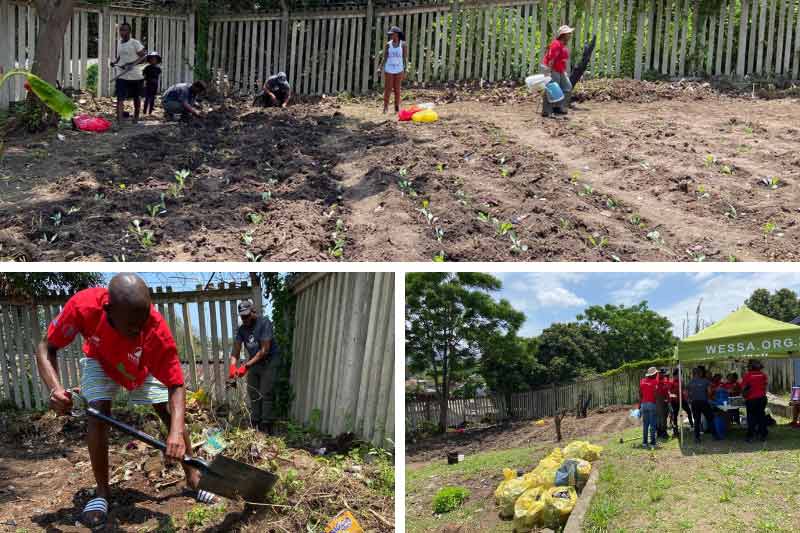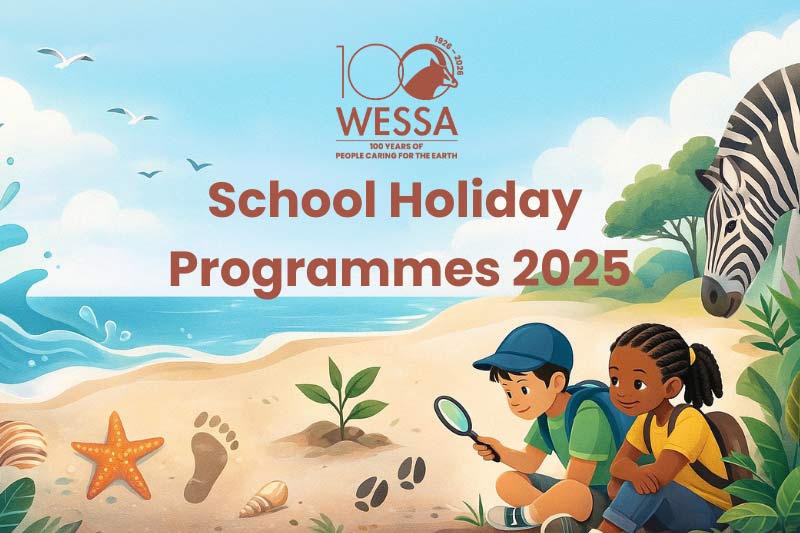
WESSA’s 2025 Holiday Programmes for Young Environmental Champions
This December, WESSA is opening the door to discovery with a series of exciting, hands-on holiday programmes across our Education Centres in KwaZulu-Natal. Designed to spark curiosity, build confidence, and deepen children’s connection with nature, each programme offers a unique learning adventure led by experienced environmental educators.
From the coastline to the forest and the riverbanks, these holiday experiences bring science, exploration, conservation, and creativity together in a fun and meaningful way.
Twinstreams Education Centre: Nature-Themed Daily Adventures
- Dates: 10–12 December & 17–18 December 2025
- Location: WESSA Twinstreams Environmental Education Centre, Mtunzini, Zululand
- Ages: 6–10 years
- Cost: Full-day programme, R230 per child (lunch included)
Twinstreams offers a vibrant nature-based holiday experience with engaging daily themes that bring environmental issues to life through play, learning, and imagination.
Daily Themes:
- Wildlife Warriors: Anti-Poaching
- Waste Warriors: Reducing, Reusing & Recycling
- Water Heroes: Water Conservation
- Tree-mendous: Deforestation & Reforestation
Perfect for younger learners, this programme builds confidence, teamwork, and ecological understanding in a fun, supportive outdoor environment.
Bookings: kevin.lakani@wessa.co.za | 071 681 0441
Treasure Beach Education Centre: Marine Science & Coastal Environments
- Dates: 11–13 December & 17–19 December 2025
- Address: 835 Marine Drive, Brighton Beach, Durban
- Cost: Half-day programme, R630 per child or R530 per child when booking two or more children (packed lunch included)
Set along the scenic Durban coastline, the Treasure Beach holiday programme immerses children in the wonders of marine science and coastal ecosystems.
Learners gain skills in:
- Understanding coastal environments and ecosystems
- Interpretive hiking
- Marine biodiversity threats and solutions
- Problem-solving and adaptability
- Exploring rocky shores
- Group work and social skill development
- Instruction and guided learning
This half-day programme combines education with adventure, offering a powerful introduction to ocean literacy and environmental stewardship.
Bookings: sindisiwe.nzama@wessa.co.za
uMngeni Valley: ‘Dive into Learning’, Water-Inspired STEAM Adventures
- Dates: 11–13 December 2025
- Time: 08:30 AM – 3:30 PM
- Ages: 8–14 years
- Venue: WESSA uMngeni Nature Reserve, Howick, Durban
- Cost: R750 per child or R650 per child when booking for two or more children (meals included)
“Dive into Learning” is a dynamic, water-themed STEAM programme designed for children who love science, creativity, and hands-on exploration.
Activities include:
- STEAM Splash challenges
- Testing salinity
- Creative wave-themed art
- Building water filters
- Exploring the water cycle
- Painting, crafting, and design
- Eco-Explorers team challenges, relays, experiments, and projects
This holiday experience blends science and creativity, helping young minds understand the importance of water while having unforgettable fun.
Bookings: buhle.mthembu@wessa.co.za
uMngeni Valley: ‘Whispers in the Wild’, Nature Detective Holiday Programme
- Dates: 17–19 December 2025
- Time: 08:30 AM – 3:30 PM
- Ages: 8–14 years
- Venue: WESSA uMngeni Valley Nature Reserve, Howick, Durban
- Cost: R750 per child or R650 per child when booking for two or more children (meals included)
“Whispers in the Wild” is an immersive tracks-and-science holiday programme for young nature detectives ready to explore the mystery and magic of the natural world.
Eco-Explorers will:
- Read animal tracks and signs
- Investigate feeding sites, nests, feathers, and spores
- Learn through guided fieldwork, observation, and exploration
- Build a deeper bond with nature through purposeful outdoor learning
This programme is ideal for curious, adventurous learners who love wildlife, stories of the bush, and scientific discovery.
Enquiries: Kristi Garland, contact 082 926 2053
Book your child’s holiday adventure
Spaces are limited and programmes fill up quickly. Each experience is designed to build environmental awareness, practical skills, creativity, confidence, and a lifelong love for nature.
Give your child the gift of learning, exploration, and adventure this holiday season, book today!
